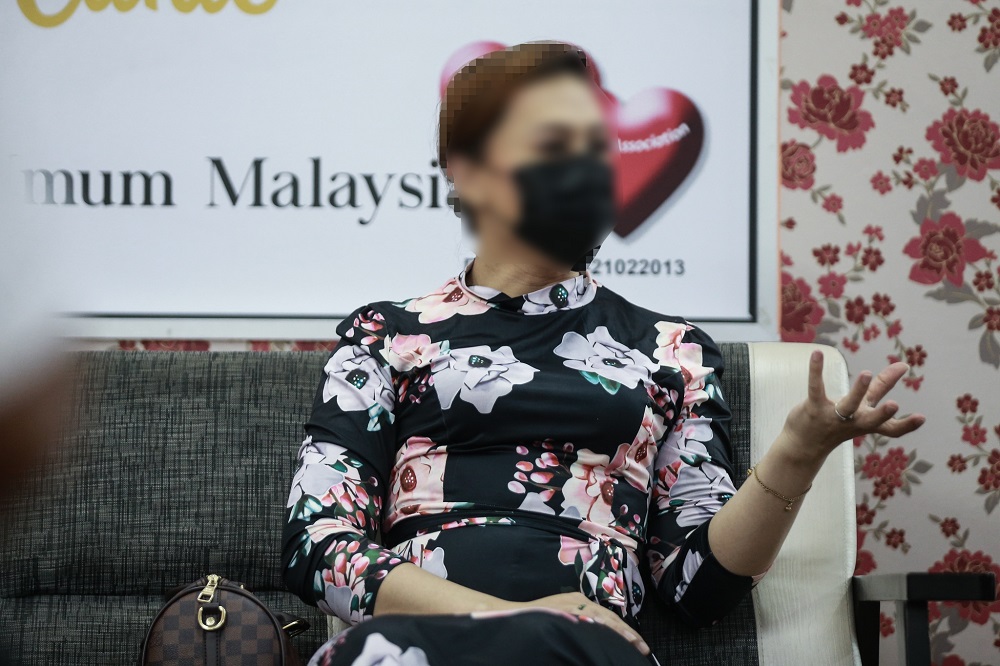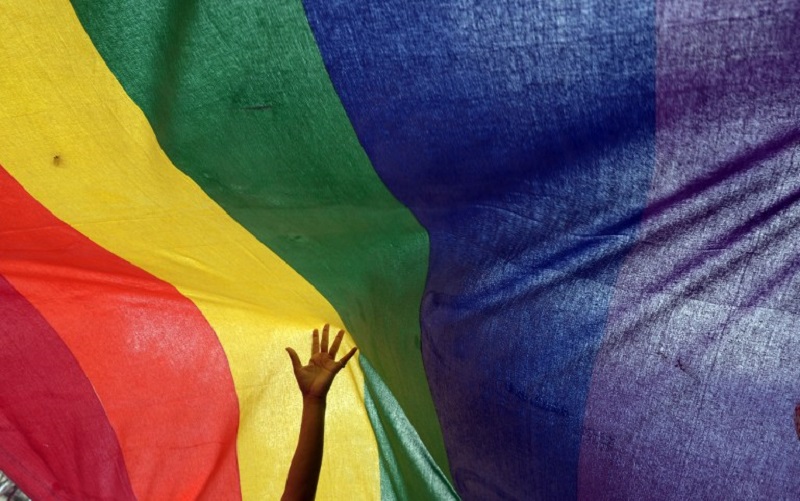KUALA LUMPUR, March 12 — The word “discrimination” is often associated with certain groups of the community.
Among them is the transgender community.
While the debate goes on (and on) about whether it is a lifestyle choice (or not), this is a segment of the population who are constantly vilified to the point where they face difficulties to eke out a living.
More so during this time of the Covid-19 pandemic.
To better understand the hardships the transgender community face in the society, Malay Mail reached out to several transwomen who have turned to do sex work to earn a living.
The transwomen, who are under the care of charity group Pertubuhan Kesihatan dan Kebajikan Umum Malaysia (PKKUM) had all one thing in common: they go through various degrees of discrimination every day.
According to Tasha (not her real name), she has faced criticism from the public when she worked as a promoter at a beauty shop before the first movement control order (MCO) came into effect last year.
“Most of the time people question my gender or stare at me, which makes me feel uncomfortable.”
The 40-year-old said she lost her job during MCO and has been jobless ever since.
“It’s very difficult to find a job as the employers often pressure us to dress up as men or question our appearance.”

Sharing about her experience working as a beauty advisor, Tasha said there were times when a customer wanted to try out skincare products but expressed discomfort with her.
“They would usually ask about my gender and then tell me not to touch them.
“One of them even posted about me on Facebook asking the mall not to allow transgenders to work there.”
To make ends meet and get through life, she had to go back to being a sex worker, offering home-based services.
Tasha said sex work is the only convenient alternative option for her to earn a living whenever she is jobless.

Another transgender who preferred to be known as Kat, used to work as a hotel manager for 13 years until 2012 but decided to leave the industry for good due to the discrimination she had to face every day.
“Usually, the guests used to complain that they didn’t want to deal with me.
“It was quite stressful for me.”
Kat became a sex worker since she left her job nine years ago to get through life.

Memey (not her real name), 31, had to leave her job as a wedding planner to become a sex worker after she lost her job during the MCO last year.
According to her, she was subject to verbal abuse on the job as people used to single her out.
However, Memey said she is not bothered about what people think about her anymore after going through such incidents for many years.
“It feels normal now and I don’t have any reactions to it anymore.”
For her, doing sex work isn’t easy.
Memey, who also finds clients online, said she often receives inquiries from people who pretend to be a policeman or an officer from the religious department.
“They are actually normal people just trying to threaten me or opt for free services.”

Another transgender, Mala (not her real name), said she is always be watchful of her behaviour in public to avoid any discrimination.
The 55-year-old used to work in a shoe factory but is now doing sex work after she lost her job.
Being a street-based sex worker, Mala said she has experienced verbal and physical abuse many times on the street.
“There were times I was beaten up by others on the street.
“Some people also throw things at me when they see me by the road.”
Mala said she was also robbed by snatch thieves several times.

Zaza (not her real name) said she felt more transparent after she became clear of her gender.
“I feel I’m more open-minded now when compared to the days when I was unsure of my gender and people used to call me sissy,” said the 44-year-old.
Zaza said she also went through many hardships in life as people around her used to make fun of her and it wasn’t easy for her to find jobs.
Least discrimination
Highlighting the bigger picture about why some of the transgenders choose to become a sex worker, Myra — who is also a programme manager at PKKUM — said it’s because that’s the industry where transgenders are least judged in the working environment.
“They don’t have to go through a job interview and be questioned about their gender before being hired.
“In this line, they are not confronted and discriminated by others.”
Recalling the days when she had returned to Malaysia from Australia a few years ago, Myra said it was difficult for her to find a job here due to her gender identity.
“My identification card states that I am a male and because of that, I was bound to go to work as a male.
“Just because transwoman is not recognised as a gender here, there will always be challenges for us, especially in the working environment.”
Apart from the social stigma surrounding transgenders, Myra said there are many simple things that may become a challenge for them as the acceptance of the trans community in the country is very low among the public.
“For example, I always had to avoid using the toilet in the office if there were no unisex restrooms to avoid any confrontation and discrimination.”
Myra said most transgenders choose to do sex work because it’s convenient and avoids any discrimination.
Facing many challenges in life for yours, the group hoped to be recognised and treated equally with no bias towards them.
PKKUM president Elisha Kor Krishnan also called for an end to discrimination against the transgender community and urged the government to have laws in place to protect transwomen sex workers.
According to her, transwomen sex workers are prone to sexual violence or abuse but there are no laws to protect them against rape incidents.
Citing a study, Elisha said, globally, sex workers have a 45 to 75 per cent chance of experiencing sexual violence on the job.
“There are no records shown on the statistics in Malaysia as there is no specific organisation directly addressing the sex workers issues except for HIV and Sexual Transmitted Infections-related cases.”
Elisha also noted that there are no data on the number of transwomen and trans sex workers in Malaysia.






















